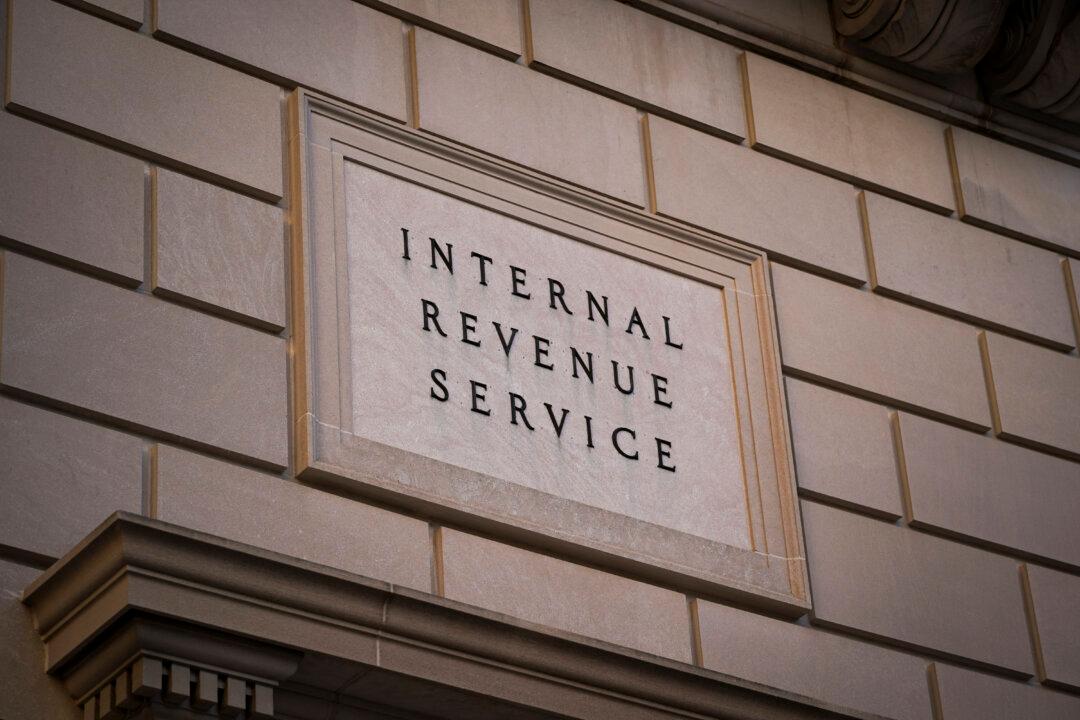The Internal Revenue Service (IRS) issued updated Form 1099-K guidance Tuesday, providing information on reporting thresholds that would trigger the form while answering several other key questions.
Form 1099-K is an information return triggered when taxpayers receive payments for goods and services through payment cards, payment networks, or online marketplaces. The IRS revised its FAQs related to Form 1099-K on Feb. 6 to “provide more general information for taxpayers, including common situations, along with more clarity for industry and what organizations should send Forms 1099-K.”





